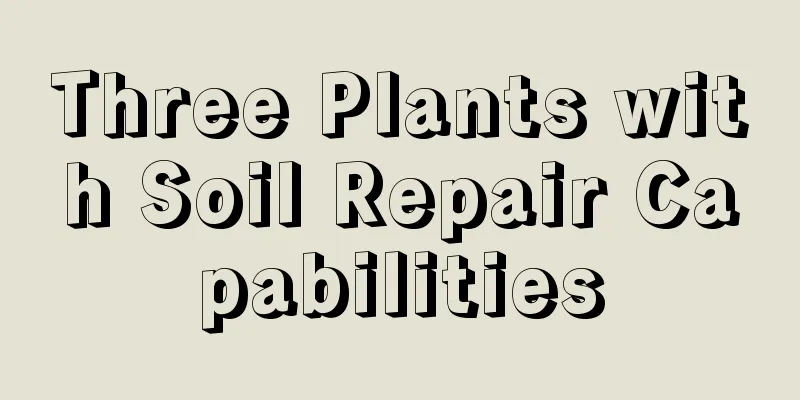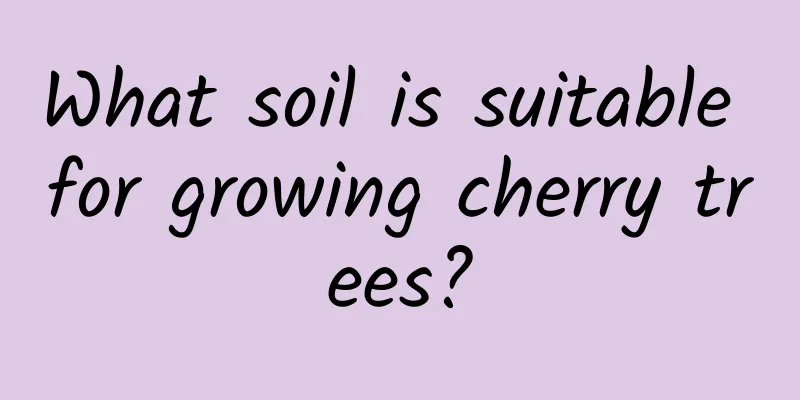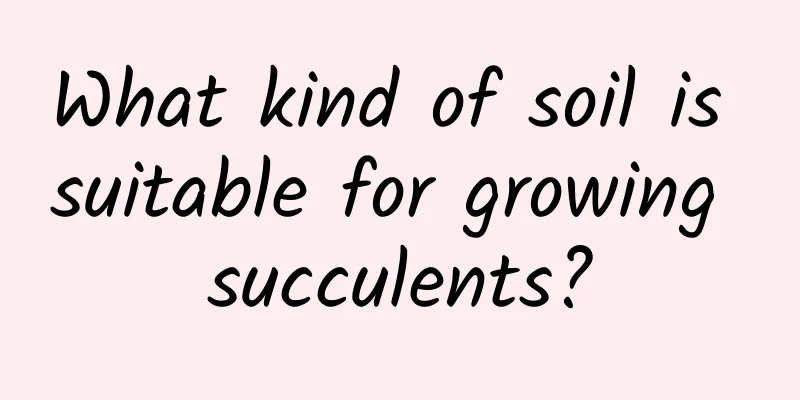Three Plants with Soil Repair Capabilities

willowJade is made up into a tall tree, with thousands of green ribbons hanging down. These two sentences vividly describe the posture of green willows. Willow trees have high ornamental value and come in many varieties. In addition to its most common garden ornamental value, wicker also has good economic value. Due to its unique flexibility, it can be used to make many handicrafts and daily necessities. The wood is commonly used to make paper and artificial cotton. Scientists who are working on soil pollution control have discovered that willow trees can absorb pollutants in the soil very well and transform them. Therefore, they have good pollution treatment functions and have a certain purification effect on the soil. PoplarPoplar trees are tall, straight, and have a beautiful shape, making them of great ornamental value. In many northern regions of my country, poplars are chosen as street trees. In addition to its ornamental value, we have to mention the ecological protection function of poplar. The famous Three North Shelterbelt Project is mainly composed of poplars. The root system of poplars is very developed and can lock in water and soil very well. It is precisely because of this characteristic that people have discovered the role of poplars in preventing wind and fixing sand. In addition, poplar can effectively degrade harmful substances such as toluene in the soil, and plays a great role in soil repair. sunflowerSunflowers are very hardy and easy to grow. In addition to their ornamental, edible and economic value that we all know, what shocks people the most is their purification value. We only know that sunflowers do not have high requirements for the soil in which they grow, but we did not expect that they have a super strong purification function for the soil. Sunflowers can absorb harmful heavy metals in the soil where they are located, and then volatilize and purify them. The editor would like to say that there are still many plants that have the function of repairing the soil, but humans should not entrust their responsibilities to plants. Pollutant emissions in the soil come from our industrial development. Protecting soil resources is the responsibility of each of us, and pollution control itself is to reduce emissions. |
<<: Common garden flowers and trees that bloom before leaves
>>: Common maple tree species classification
Recommend
Plant "two kinds" of flowers after the New Year. The buds are as big as fists, and they bloom all over the branches in spring.
Today Huahua would like to recommend to you two p...
What fruits are suitable for planting in Yunnan and what fruits have good prospects
Yunnan is rich in fruits Yunnan produces a lot of...
Pests and control methods of dogtooth flower
Pests of dogtooth flower: aphids symptom Aphids a...
How often should I water the fortune tree with beer?
1. How often should I water? When watering the mo...
What flowers are suitable for growing in Ziyang? What are the city flowers and trees?
1. Climate characteristics of Ziyang Ziyang has a...
Are bayberry trees self-pollinating?
1. Is it self-pollination? Bayberry trees are div...
How to grow Australian fir
1. Maintenance methods 1. Temperature: It grows v...
How big can the succulent Oplina grow?
1. How big can it grow? Oplina is a succulent tha...
Where is kiwifruit produced? Where is kiwifruit produced?
The growing environment of kiwifruit needs bright...
Can I water the dry ground after planting lettuce outdoors? How can I scald the lettuce without it turning yellow?
1. Can the ground be watered after outdoor planti...
How to grow Jade Plant in autumn
1. Sufficient water For Jade Plant, its growth pe...
Don’t pour out the waste oil from the range hood. Bury a spoonful of it next to the flower pot and the flower will bloom in one month!
Use waste oil from range hood to grow flowers, an...
How to propagate Dendrobium officinale
Reproduction method Here we mainly talk about one...
How to plant cactus in a pot
Can it be potted? Potted cacti have become a tren...
How to fertilize bitter water rose
When first planted When we just start planting, w...









